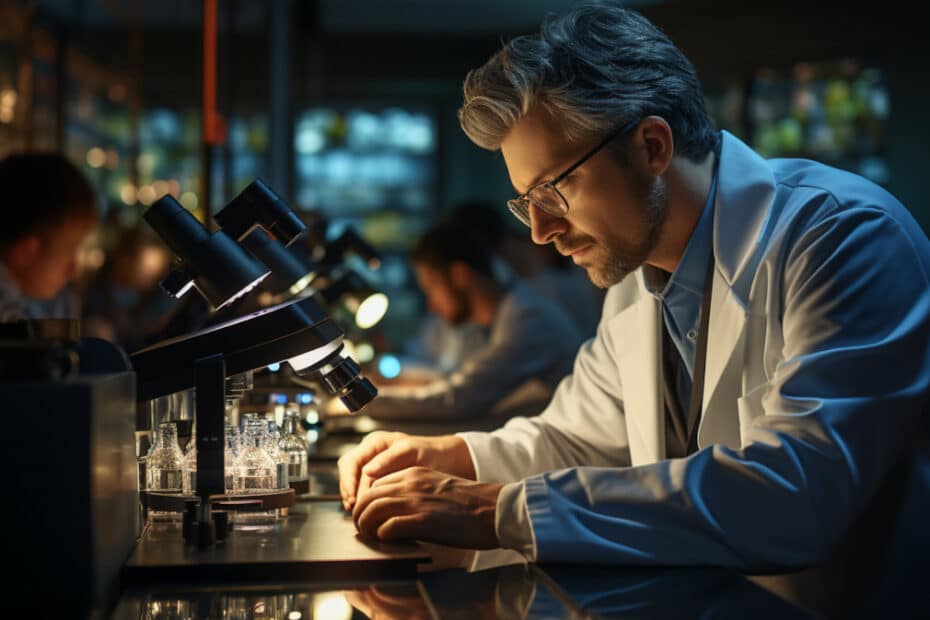PROSTATE CANCER
Navigate through our comprehensive guide on prostate cancer, encompassing prevention, diagnosis, and treatment options. Stay informed with the latest research, expert advice, and supportive resources tailored to help you understand and manage prostate cancer effectively.





